French – English – Spanish

Begin therapy as soon as the first symptoms appear. Voice therapy helps you to solve your voice
problem with personalized advices, appropriate exercises and by the establishment of a new vocal behavior.
Vocal problems can be classified into 4 groups, and can appear when different factors are triggered:
For a child with an articulation disorder, consult a therapist at the beginning of his
or her schooling to determine if he or she will need a therapy. Some articulation disorders disappear
naturally as the child grows and therapy may not be necessary. It is not advisable to start an articulation
therapy too early in order not to disturb the development of language skills, but all disorder should be
addressed before learning to read in order to avoid confusion in spelling and writing.
For adults, an articulation therapy can be proposed in case of foreign accent (sessions not reimbursed by insurance companies), after
brain injury (OPAS Art.10a), in the case of a phoniatric affection (OPAS Art. 10b) or hearing loss.
An abnormal swallowing habit is a frequent disorder in children who have sucked their
thumb or a pacifier. Primary swallowing is often associated with an articulation disorder (ch-s, j-z) due
to a tongue that pushes forward on the teeth. Furthermore, it is important to start a therapy before any
orthodontic treatment in order to put the tongue in the correct position
For dysphagia, you can refer to the following publications:
Deglutition disorders : from video
Deglutition disorders: choice of diet and compensatory posture
It is often said that a person’s voice mirrors her/his personality.
The World Voice Day was held on Sat 16 Apr 2016. On that occasion, Silvio Dolzan focused on what our voice says about our personality. With Pascale Amberger, voice and speech therapist, member of the Voice Day Committee for the Swiss Association of Speech Therapist.
This video presents the movement of regular vocal folds. During the inspiration, the vocal cords are open to let the air going through. During the phonation, the vocal folds are vibrating. During the production of a low sound, the vocal folds are short with a large vibration amplitude. During the emission of sharp sounds, the vocal folds are tensed and the vibration is less ample.
RTS 1 (Radio Television Swiss) - Extract from the programme « 12h30 News » on 27 March 2021, presented by Yves Zahno.
Many people turn to voice therapists to regain their vocal abilities. Interview with Pascale Amberger, voice therapist in Geneva, by Foued Boukari.
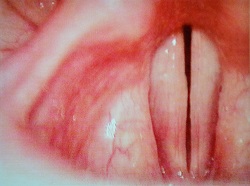
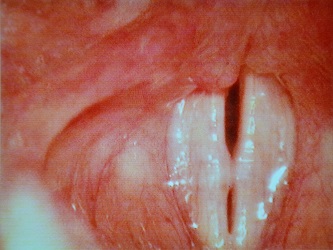
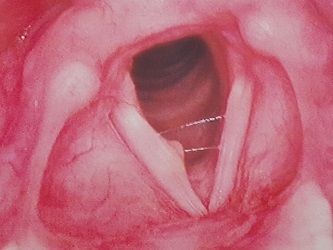
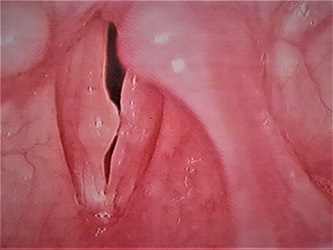
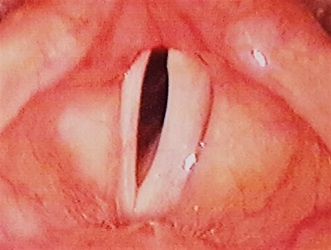
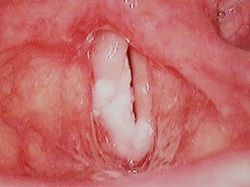
I am recognised by swiss and international insurance companies.
My sessions are reimbursed by the basic insurance if the disorder corresponds to Art. 10 OPAS.
The patient must be in possession of the official form (downloadable below), with the physian’s signature and stamp.
In Geneva State, the official number of sessions per prescription is 12.
The duration and the spacing of the sessions depend on the pathology.
Please do not hesitate to contact me!